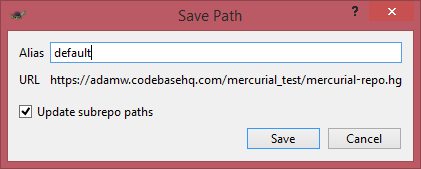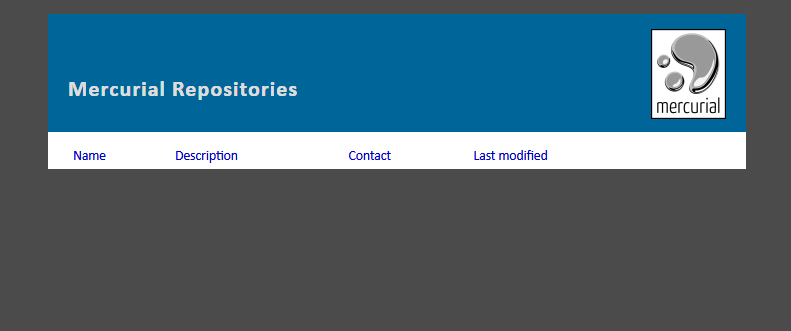

If you aren't sure which one to go with, keep Git as your option.Ĭlick Create repository. Bitbucket creates your repository and displays its Source page.ĭouble-click the bitbucketstationsupplies repository in Sourcetree and notice that there is nothing to commit from your local repository to the remote repository. Include a README? -If you recently created your account, this defaults to a tutorial README. For the purposes of this tutorial, pick either of the Yes options, that way you'll start out with a file.įrom Version control system, you can choose either Git or Mercurial. If this box is unchecked, anyone can see your repository. Keep the rest of the options as is unless you want to change them:Īccess level -Leave the This is a private repository box checked. A private repository is only visible to you and those with access. For example, if the user the_best has a repository called awesome_repo, the URL for that repository would be. Bitbucket uses this Name in the URL of the repository. With the exception of the Repository type, everything you enter on this page you can later change.Įnter BitbucketStationSupplies for the Name field. Take some time to review the dialog's contents. Bitbucket displays the Create a new repository page.
MERCURIAL WINDOWS CLIENT INSTALL
Install the FogBugzPy module by running the following from the FogBugzPy directory:Ĭ:\code\FogBugzPy>python setup.py installīy installing the FogBugz python module, you don't need to tell Python where the library is every time you want to write a Python script that uses FogBugzPy.Do the following to create your repository: In this example, we'll clone FogBugzPy to C:\code\FogBugzPy on your machine, so if you want to follow along, you will need to create a C:\code directory if it doesn't already. Now that you have Mercurial installed, you can clone FogBugzPy to your local machine. At the end of the installer, be sure to leave the box checked that adds Mercurial to your path. As of this writing, the current version of Mercurial is 1.9.2 and we recommend using the Inno Setup Installer. If you're not using Kiln, you can get Mercurial directly from the website at. This will automatically install Mercurial.
MERCURIAL WINDOWS CLIENT DOWNLOAD
Download and install the tools per the instructions on the page. From within Kiln, Resources > Kiln Client and Tools. This is the best way to get Mercurial for your Windows machine, especially if you are working with Kiln. If you're a Kiln user, install the Kiln Client and Tools. Install Kiln Client and Tools (preferred) If you already have Mercurial installed, skip this step. If you want an alternative method, read on: If you use pip to install FogBugzPy, you're all set.

If you run into difficulties when installing FogBugzPy with pip, see Problems installing FogBugzPy with pip If you don't have pip already installed, you can follow the instructions in to install it. The latest distributions of Python all come with pip. This is the easiest way to install FogBugzPy. If you have Pip installed, you can install it from the command line via You can get it either by cloning the FogBugzPy Kiln repository using Mercurial or by using the Python Package Index (PyPi).įogBugzPy is now available on PyPi. You should now be able to run python from the command prompt to bring up the interpreter:įogBugzPy is a library we wrote for interacting with the FogBugz XML API via Python. ( Windows XP, Windows 7)Ĭheck the box in the installer to add Python to your system path. We recommend grabbing the windows MSI Installer available here:Īdd C:\Python27 to your system path.

FogBugzPy works with either Python 2 or Python 3 and has been tested with Python 2.7.10 and Python 3.5.2. If you already have Python and Mercurial installed, all you need to do is clone to your local machine and run python setup.py install from the FogBugzPy directory.ĭownload and install Python. Install Kiln Client and Tools (preferred).


 0 kommentar(er)
0 kommentar(er)
